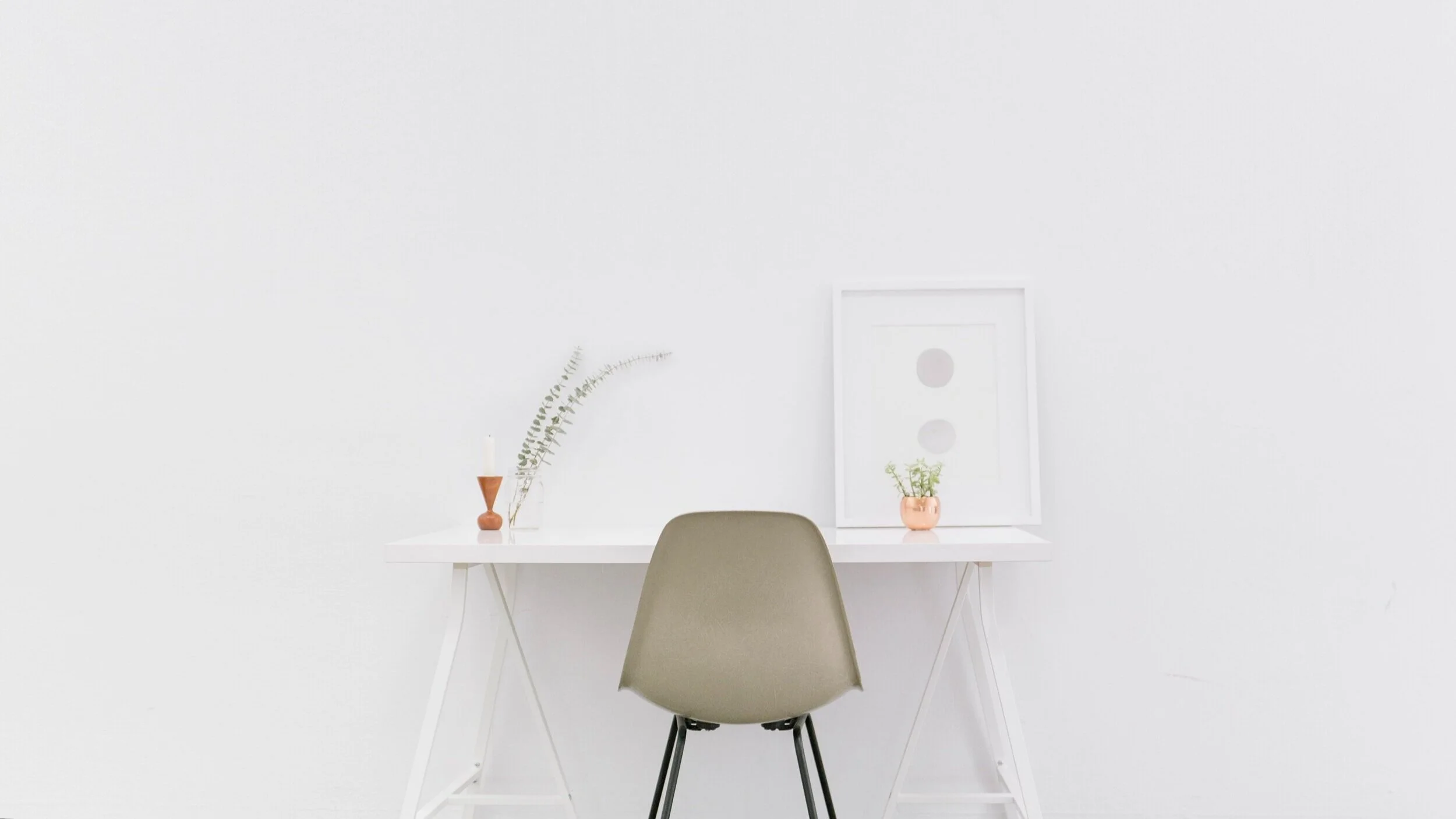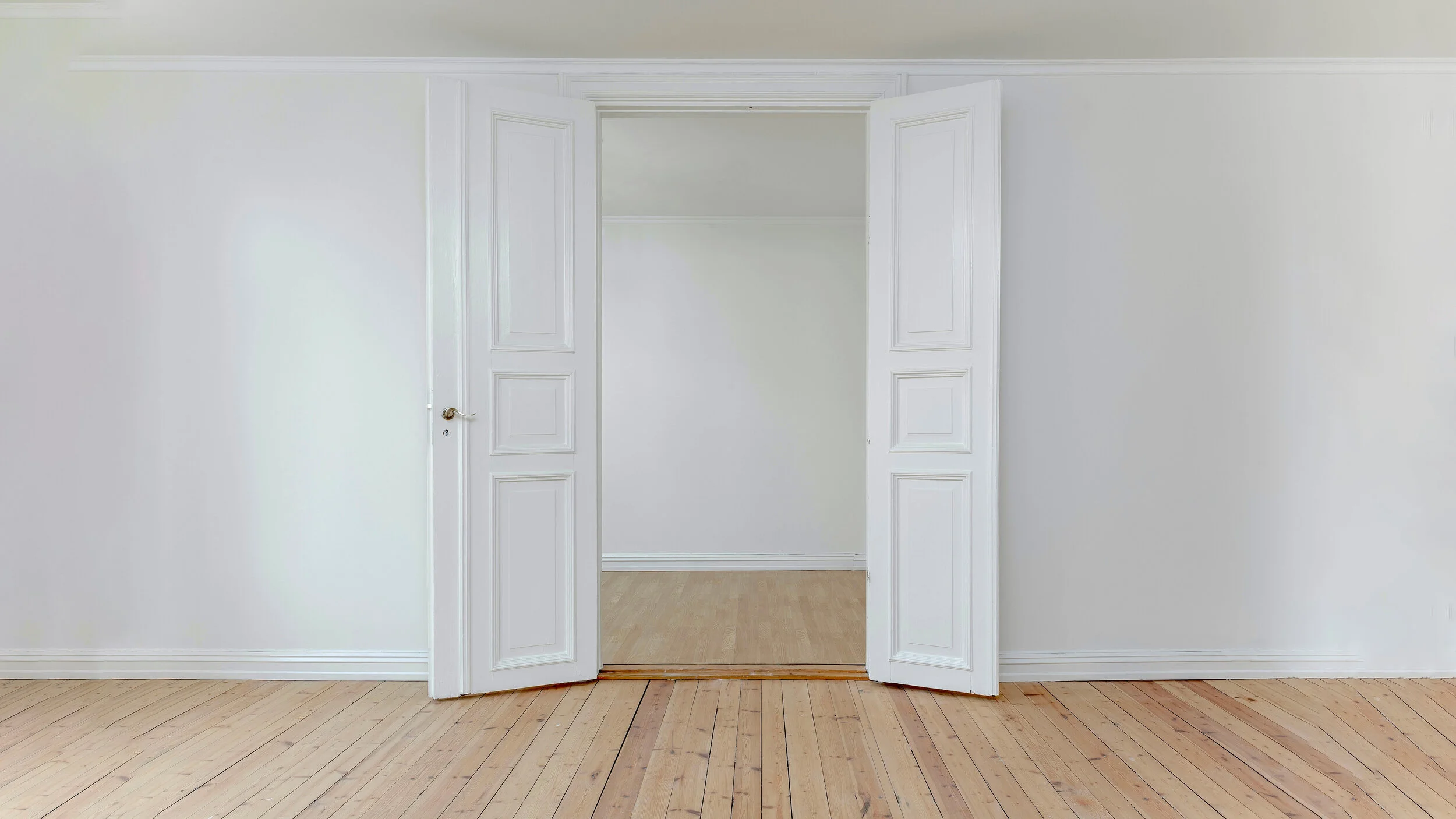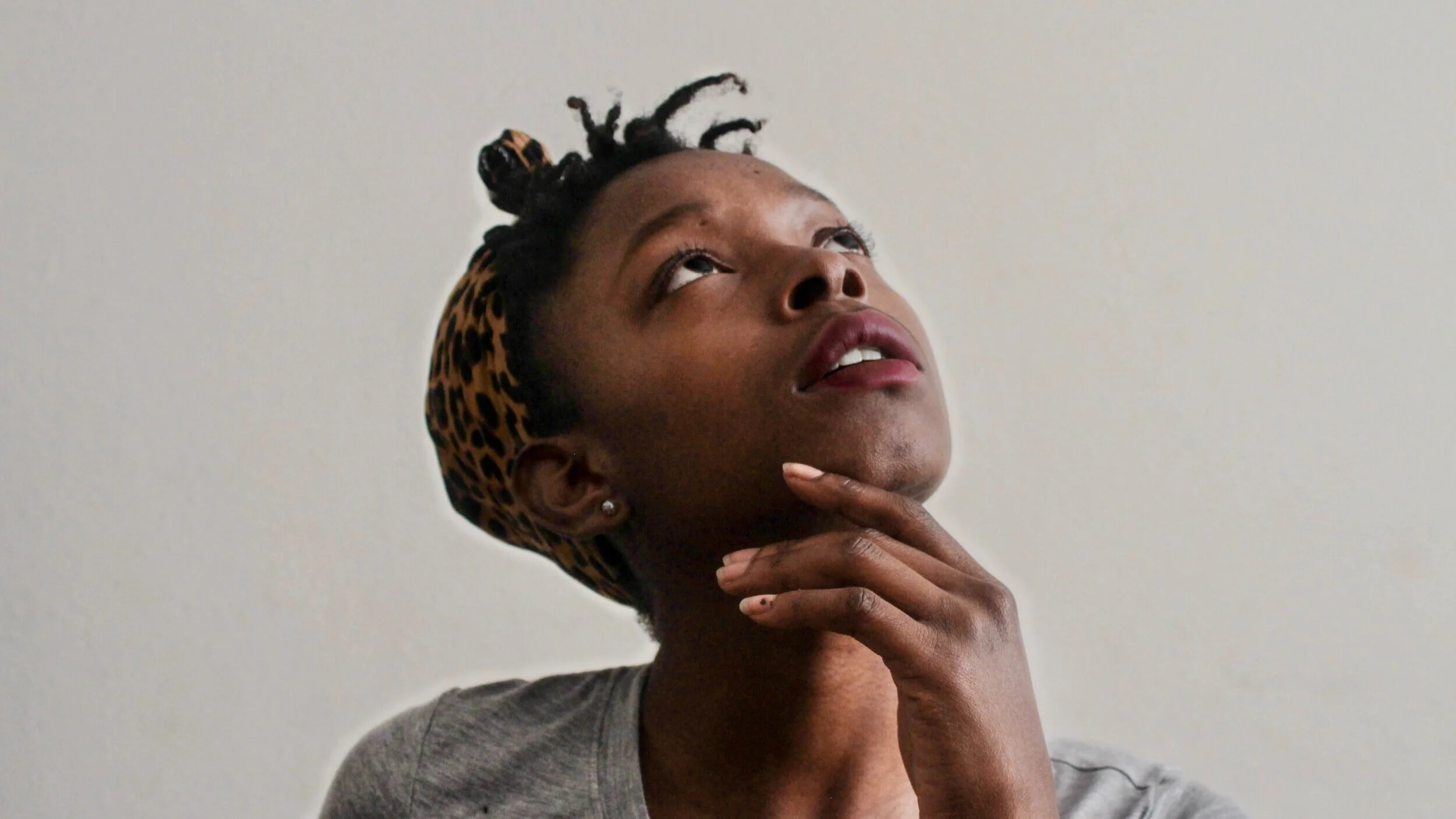Minimalism: Decluttering Your Physical and Mental Spaces
by Jenny Long
We’ve all been spending more time indoors and possibly reflecting on ourselves these days. Since you’ve been inside your room or living space, have you ever found things that you don’t need anymore while cleaning? Do you feel stressed out when wondering where your stuff is? The concept of minimalism not only refers to a decluttering of your living spaces and lifestyle, but it can also translate to your mindset and how you approach certain activities. Here, we’ll be discussing different concepts of minimalism, how it may benefit your mental health, and some advice on how to get started!
What exactly is minimalism?
At a glance, minimalism is the concept of living with what is necessary. Usually, when people think of minimalism, they imagine a clean room with a few pieces of furniture and barely any other items in view. Many might envision a white bedroom with a wooden floor, a freshly made bed, and a nightstand with a single lamp on it while natural light shines through the windows. A lot of people would attribute feelings of peace or calmness when they think of being in these spaces. Living with a physical sense of minimalism refers to owning only the items that you use in everyday life.
On the other hand, minimalism also extends its meaning into the realm of mental health as well. It might make more sense when we reflect on all the thoughts we have throughout the day. Do you ever catch your mind worrying about the future? Or think of an embarrassing moment from your good old childhood days? Many of these thoughts seem unnecessary and can lower our ability to focus on the present and what is important to us. [1] Minimalism can help us stay worry-free.
Fun Facts about minimalism
There are also many culturally significant concepts of minimalism! Some countries have their own ideas of what minimalism entails and how people might expect to live. For example, Sweden has its concept of “lagom,” which emphasizes living in moderation instead of living with just the bare minimum. [2] In Japan, the idea of minimalism stems from Zen Buddhist teachings and the concept of “ma” is important because it refers to an emptiness or a void in which people can relax and reflect. [3, 4] In Chinese culture, the concept of feng shui describes how energy moves through the home and affects your life.
The idea is well-known internationally as well and includes elements of decluttering and aligning your spaces to balance their energies. [5, 6] Although not everyone in these countries may incorporate minimalism into their lifestyles, the diverse range of similar principles shows that the concept is not exactly a new one! [6]
Minimalism at Home
So, how exactly does having a messy living space affect us? I’m sure many of us have been frustrated trying to look for something that we can’t find. At the most basic level, clutter can lead to sheer irritation and lost time when we’ve lost something within that pile of papers, stationery, and knick-knacks on the table. The idea of a comfortable home is important to a lot of us, and the condition of our homes can have an impact on our life satisfaction. Women who considered their homes to be “messy'' or “unfinished” had higher levels of cortisol, a stress hormone, and greater depressed mood throughout their days. [7] If you’ve found it difficult to concentrate on your work, it might be the clutter in your workspace that is affecting your productivity by distracting you from your tasks. [8] Mess can obstruct your creativity by detracting your attention and procrastinators are often people who have a large amount of clutter around them. [8, 9] All those notebooks or papers on your desk or those clothes and toiletries laid out in your room could be depriving you of having a free space for your thoughts. [10]
Minimalism and Mental Health
Freeing up your physical spaces might allow you to relax and think a little more clearly, but what are some other ways that living simply can affect your mood and mental health? For many of us, it’s easy to become preoccupied with what we own, what we want, and how much we have. Such thoughts also make it easy for us to feel nervous, sad, or frustrated when we worry about material objects. It has been demonstrated that there is a connection between materialistic values and decreased well-being as well as increased negative emotions. [11, 12] This may be due to the face that focusing on owning material goods detracts us from living life in other ways that give us happiness. [11]
In addition, social media use can have a strong impact on our mental health, especially when we compare our lives to those that others share in their photos. It’s natural to feel worried about getting those “likes” on a post or dwell on what people say in the comments, but by applying minimalism to our use of social media, we can try to reduce such worries by prioritizing what is necessary and important to our values. For example, consider what activities will help you reach your goals and evaluate if your concerns over social media impact any of these goals. Most of the time, we can see that our uneasiness over being well-received in the virtual world may not necessarily affect our ability to achieve happiness in the real world. Additionally, getting notifications from your phone can be extremely distracting. An added benefit of this kind of digital minimalism is that it can increase productivity by reducing time spent on social media.
In the most direct application to mental health, minimalism may be able to help us reduce those excessive thoughts that nag us about the future and the past. By changing our thought processes or mindset to focusing on thinking thoughts that are the most necessary, we may be able to reduce the importance and the impact of worrisome thoughts. However, we must acknowledge that changing our mindset is often a difficult thing to do, and it’s even more difficult with the current unpredictability of our circumstances. If you find it difficult to moderate your worries, it’s also okay to let yourself experience those thoughts and feel out your emotions.
Tips on Incorporating Minimalism Into Your Daily Life
For the Home:
Adopt a capsule wardrobe or reduce your closet items to the pieces that you wear the most.
A capsule wardrobe consists of a few basic clothing items that survive changing fashion trends. You can rotate through these pieces to create a variety of outfits! For example, one might consist of jeans, t-shirts, hoodies, denim jackets, and sneakers just to name a few staple items. [13]
Recycle, upcycle, or get rid of the items that you don’t need or use anymore.
Take some time to clean your desk and only leave the items you need for work.
If an item isn’t immediately necessary, try organizing it into a drawer or other storage container.
Try the 1-minute rule: if it takes a minute or less to clean something or put it away, do it immediately before starting on another activity.
This should help you get some quick tidying done and will help you avoid having to clean a bunch of things in a single session!
Before buying something, ask yourself, “Is this purchase really necessary? What am I going to use it for?”
For the Mind:
If a thought comes to mind and brings you unpleasant emotions, don’t dwell. Evaluate if that thought is important to you at the present moment and if anything good can come from thinking it. If not, then try to let it pass through your mind and let it go.
For social media use, consider if your post is necessary. Is this post something you genuinely want to share with others or is it something that you might find yourself worrying about? Try taking a break from social media and reducing your use of it if you find yourself feeling anxious while using certain platforms.
Consider the values that are most important to you and what they entail. Focus on these values and consider less major ones as secondary to your happiness.
Envision living a satisfactory life. What actions would it take to get there and who are the people you’re surrounded by?
You could also write your thoughts in a journal or try talking to others about this to get a better sense of what you should be focusing on!.
The Bottom Line
It’s easy to lose your items in a place with too much stuff, and it’s even easier to get lost in your worrying thoughts. The concept of minimalism combats the negative emotions that you might feel from dealing with physical clutter and even mental clutter. Whether you’ve been dealing with a mess at home or trying to get rid of obstructive thoughts, minimalism takes us back to the basics by encouraging us to live simply and ignore the things that don’t matter. There’s no need to be an extreme minimalist either! You don’t have to live with the bare minimum in order to feel the benefits of decluttering your spaces. Incorporating even a few ideas or habits of focusing on the necessary might help you work a bit more efficiently or feel a bit better!
References
“Minimalism: When Living With Less Means More Mental Health.” psychologytoday.com. (2016)
“What Is Lagom And How Does It Help You Live A Balanced Life?” huffpost.com. (2018)
“When Less is More: Japanese Concept of "MA", Minimalism and Beyond.” wawaza.com. (2011).
“Less is more as Japanese minimalist movement grows.” reuters.com. (2016).
“How to Create Good Feng Shui in Your Home.” thespruce.com. (2020)
“The Skeptic’s Guide to Feng Shui (in Your Apartment).” healthline.com. (2019).
“No Place Like Home: Home Tours Correlate With Daily Patterns of Mood and Cortisol.” Personality and Social Psychology Bulletin. (2009).
“Why Mess Causes Stress: 8 Reasons, 8 Remedies.” psychologytoday.com. (2012).
“Procrastination, and clutter: An ecological view of living with excessive stuff.” Current Psychology. (2017).
“Minimalism Offers Surprising Wellness Benefits.” forbes.com. (2019).
“What Psychology Says About Materialism and the Holidays.” apa.org. (2014).
“The Relationship Between Materialism and Personal Well-Being: A Meta-Analysis.” The Journal of Personality and Social Psychology. (2014).
“6 Ways to Practice Lagom, the Swedish Secret to a Balanced, Happy Life.” health.com. (2017).









